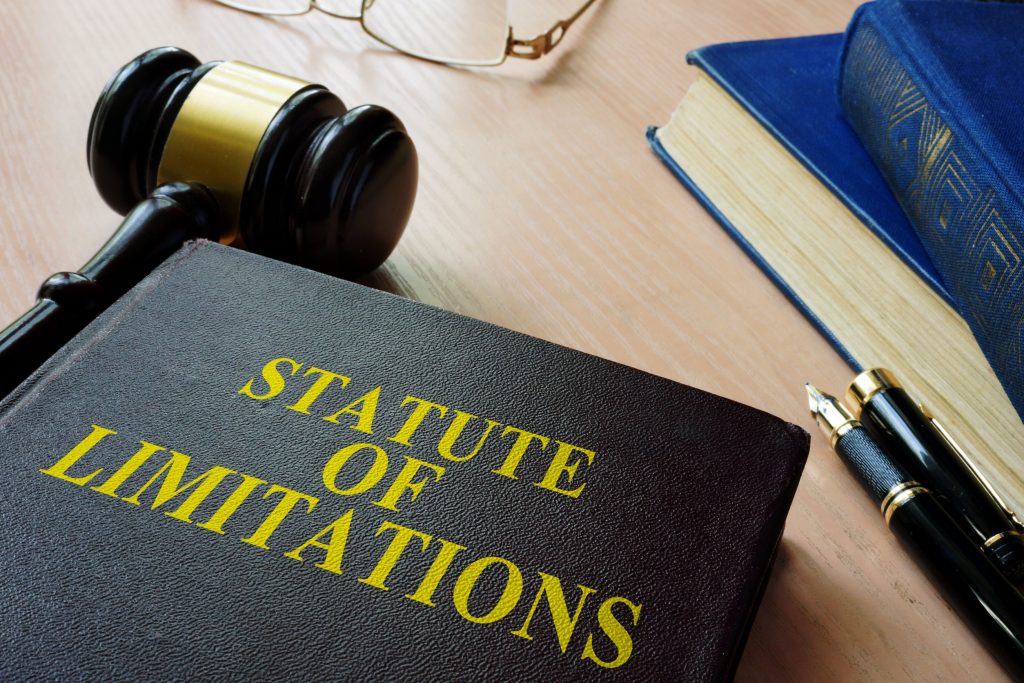In criminal proceedings, the statute of limitations refers to the amount of time the state has to begin prosecuting a criminal offense. In Arizona, there is a statute of limitations on most crimes (with the exception of homicide, violent sexual assault, and several other types of felonies). The Arizona Revised Statutes (A.R.S. § 13-107) includes a statute of limitations for the prosecution of DUI charges, whether they are misdemeanors or felonies.
What Is the Statute of Limitations for a Misdemeanor DUI?
A misdemeanor DUI is a less serious charge than a felony DUI, which typically results in much steeper penalties. Types of first offense DUIs* that are considered misdemeanors include:
- “Impaired to the slightest degree” DUI (BAC < 0.08%)
- Standard DUI (BAC ≥ 0.08%)
- Extreme DUI (BAC ≥ 0.15%)
- Super Extreme DUI (BAC ≥ 0.20%)
- Underage DUI (BAC > 0.0%)
*Misdemeanor DUI offenses may be elevated to felony status if you receive three or more DUI convictions in a seven-year period.
The statute of limitations on misdemeanor DUIs in Arizona is one (1) year.
This essentially means that the state has a full year from the date that you were pulled over to charge you with a misdemeanor DUI. However, different circumstances can have a big impact on when the clock starts ticking. For example:
- If you live in or move to a different state after being pulled over on suspicion of DUI, the one year statute of limitations doesn’t include any time you spent outside Arizona. The statute of limitations is suspended until you return, whether that’s one, five, or ten years later.
- If your identity is unknown to law enforcement at the time the DUI was committed, the one year statute of limitations doesn’t begin until you’ve been identified and located.
- If pending DUI charges against you are dismissed before the one year statute of limitations is up, you can be charged again anytime within six months after the original charges were dismissed.
What Is the Statute of Limitations for a Felony DUI?
A felony DUI in Arizona is a DUI with some sort of aggravating factor. For this reason, they are referred to as an aggravated DUI. Aggravating factors that escalate a misdemeanor DUI to the level of an aggravated DUI include:
- Committing a DUI while your driver’s license is suspended or revoked
- Committing a third or subsequent DUI in a seven-year period
- Committing a DUI while your vehicle is mandated to have an ignition interlock device installed
- Committing a DUI with a minor under the age of 15 in your vehicle
The statute of limitations on felony DUIs in Arizona is seven (7) years.
Because the Arizona DUI statute of limitations can be so far-reaching, it’s crucial to consult an experienced criminal defense attorney if you have recently been under investigation for DUI. If you were arrested but never charged, there is still a chance you could face misdemeanor or felony charges in the weeks, months, or years to come. Even if you moved out of state or the charges were dismissed, it’s a good idea to regularly check for outstanding warrants stemming from past brushes with the law.
Related: How to Quash a Warrant in Arizona
Get a Free Consultation from an Arizona DUI Attorney
Whether you’ve been arrested and charged with a DUI or are just concerned about a past traffic stop, the Arizona DUI attorneys at Lerner and Rowe Law Group can help. From Phoenix to Tucson, our criminal defense team is committed to providing clients with the legal assistance and representation they need when facing criminal charges.
To claim your free and confidential consultation with our legal team, contact us 24/7 by calling 602-667-7777 in Phoenix or 520-620-6200 in Tucson. You can also reach us online by connecting with one of our LiveChat agents, or by filling out this brief form to be forwarded to our office. Initial case reviews are always free, and we also offer affordable payment plans to make getting the legal representation you deserve more accessible.


